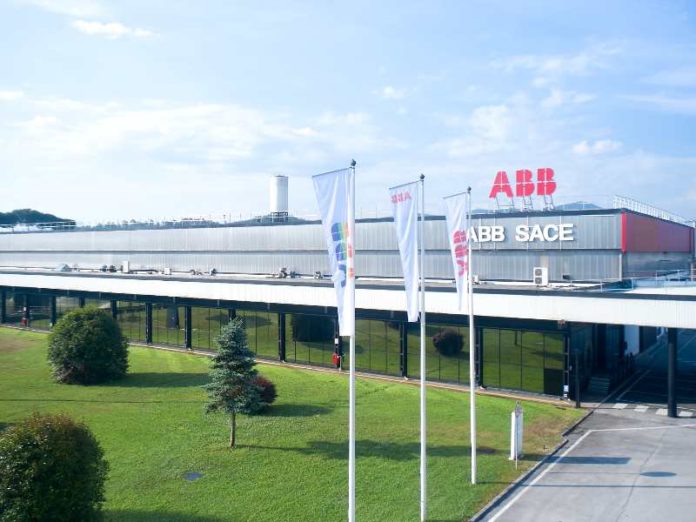ABB Smart Power’s factory in Frosinone in central Italy reports achieving ‘circular economy’ zero production waste to landfill in two years.
The over fifty-year-old 150,000m2 factory, which has 800 employees, is highly automated to produce more than three million circuit breakers annually.
The facility also is a ‘Lighthouse Plant’ that was selected by the Italian government as a model for digital transformation and Industry 4.0 strategies.
The zero waste to landfill achievement forms part of ABB’s Sustainability 2030 strategy, having been set as an explicit target, where local conditions allow.
“We have proven at our Frosinone plant that with the right attitude and commitment from everyone across the business, zero waste to landfill is achievable,” says Giampiero Frisio, President of ABB’s Smart Power Division.
“Since announcing our zero waste ambitions in 2017, this latest milestone signifies how we are leading positive change across our full production chain, delivering more sustainable solutions for all our stakeholders.”

ABB attribute staff training as critical to achieving the target. Topics included managing waste in accordance with current environmental legislation and the importance of waste separation.
Waste sorting and identification is set up at the place where waste originates. There are about 150 different labeled production waste containers and separated paper-cardboard and plastic waste containers in each workstation. The same amount of waste is coded as before, but with higher degrees of separation comes a higher percentage of waste recovery.
Global annual waste generation is projected to increase by more than 50% over the next 30 years, driven by the growing population and urbanization. Of this over one-third is disposed of in landfills, with the potential health and environmental impacts that can result.
Waste reduction also forms part of the ‘circular economy’ approach. The European Union’s Circular Economy Package targets 10% of waste in landfills by 2035.
Other sustainability practices are being explored at the Frosinone facility, including the reduction of CO2 emissions by optimising processes across the supply chain, reducing transportation and increasing plastics recovery.







